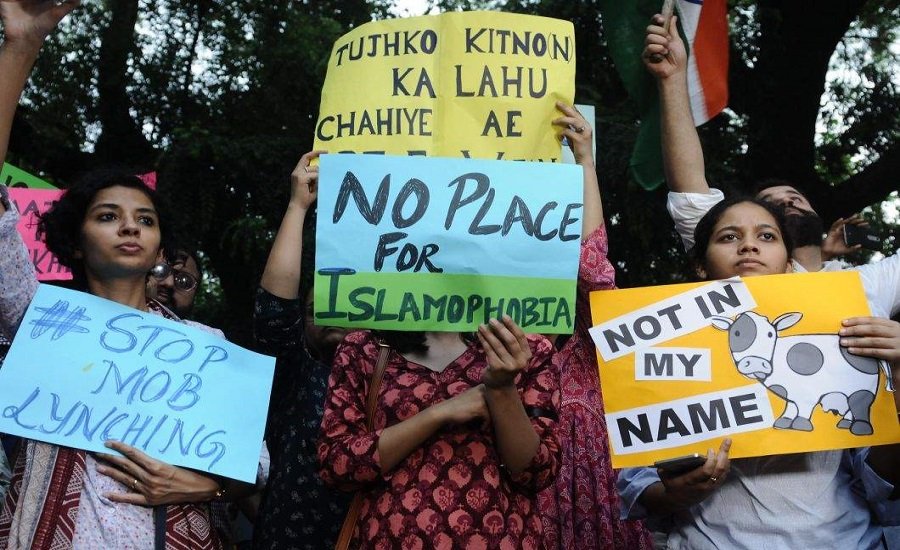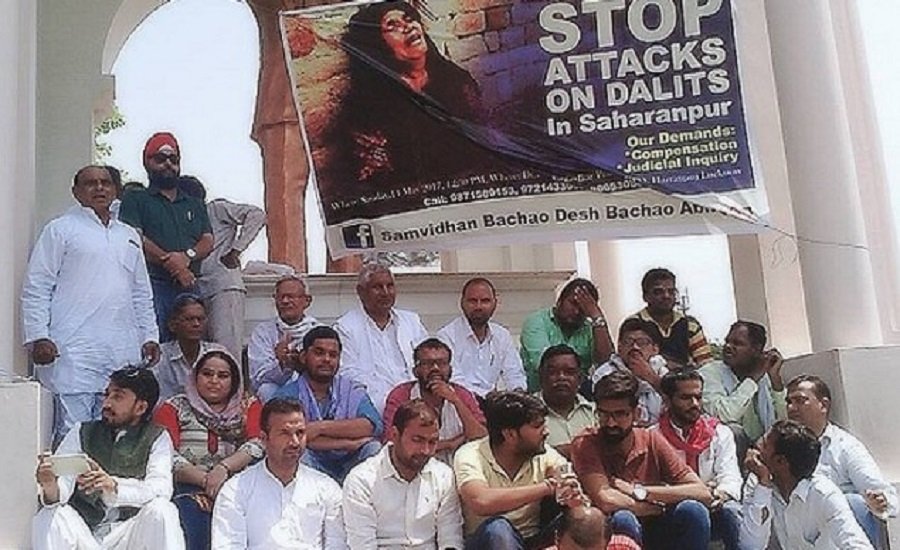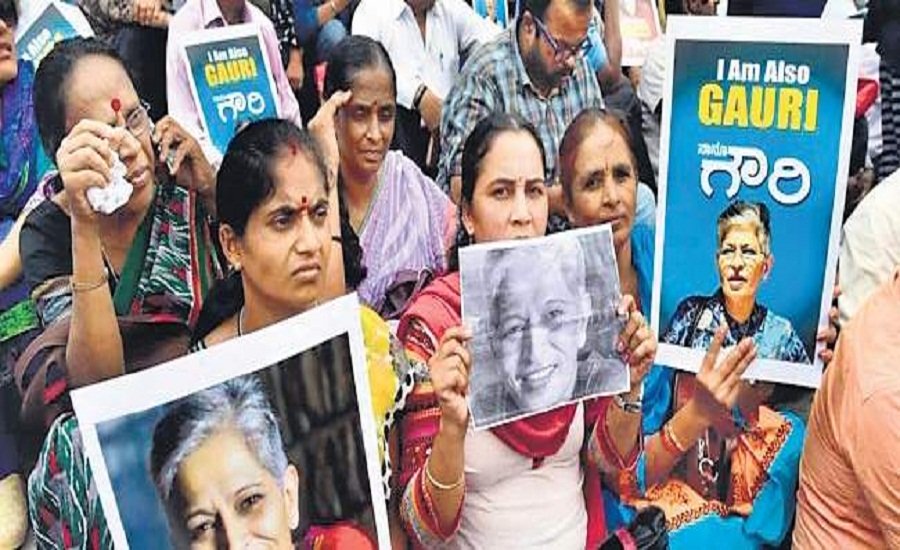
In India, several cases of lynching of Muslims were reported, sparking outrage against the wave of rising Islamophobia under the Hindu nationalist government. Demonstrations against attacks on Muslims were held in several cities, but the government did little to show that it disapproved of the violence, says the report.
Caravan News
NEW DELHI — The Amnesty International, in its latest annual report, has condemned the Narendra Modi government for doing little to control attacks on Muslims and rising Islamophobia in the country.
Attacks on Muslims
“Religious minority groups, particularly Muslims, faced increasing demonization by hardline Hindu groups, pro-government media and some state officials…Authorities were openly critical of human rights defenders and organizations, contributing to a climate of hostility against them,” said Amnesty in The State of the World’s Human Rights 2017/18 Report.
It mentioned various hate crimes against Muslims.
“Dozens of hate crimes against Muslims took place across the country. At least 10 Muslim men were lynched and many injured by vigilante cow protection groups, many of which seemed to operate with the support of members of the ruling Bharatiya Janata Party (BJP). Some arrests were made, but no convictions were reported. In September, Rajasthan police cleared six men suspected of killing Pehlu Khan, a dairy farmer who had named the suspects before he died. Some BJP officials made statements which appeared to justify the attacks,” said Amnesty.
Also read:
- Emboldened by Modi’s Ascent, India’s Cow Vigilantes Deny Muslims Their Livelihood
- Islamophobia Being Spread In India, Says Owaisi
The rights group condemned the Modi government for not doing anything to control the attacks on minorities.
“In India, several cases of lynching of Muslims were reported, sparking outrage against the wave of rising Islamophobia under the Hindu nationalist government. Demonstrations against attacks on Muslims were held in several cities, but the government did little to show that it disapproved of the violence,” it said.

Attacks on Dalits, Tribals
In the report, the Amnesty also highlighted attacks on Dalits, tribals and journalists in the country.
“Adivasi communities continued to be displaced by industrial projects, and hate crimes against Dalits remained widespread,” it said.
The Amnesty specifically mentioned the killing of two Dalits in Saharanpur of Uttar Pradesh.
“In May, two Dalit men were killed, several injured, and dozens of Dalit homes burned by dominant caste men in Saharanpur, Uttar Pradesh, following a clash between members of the communities…”
More than 40,000 crimes against Scheduled Castes were reported in 2016. Several incidents were reported of members of dominant castes attacking Dalits for accessing public and social spaces or for perceived caste transgressions.

Press freedom under increasing attack
It also condemned rise in attacks on freedom of expression.
“Journalists and press freedom came under increasing attack. In September, journalist Gauri Lankesh, an outspoken critic of Hindu nationalism and the caste system, was shot dead outside her home in Bengaluru by unidentified gunmen. The same month, journalist Shantanu Bhowmick was beaten to death near Agartala while covering violent political clashes. In September, photojournalist Kamran Yousuf was arrested in J&K for allegedly instigating people to throw stones at security forces, under a law which does not meet international human rights standards. In November, journalist Sudip Datta Bhowmik was shot dead, allegedly by a paramilitary force member, at a paramilitary camp near Agartala,” said Amnesty.

